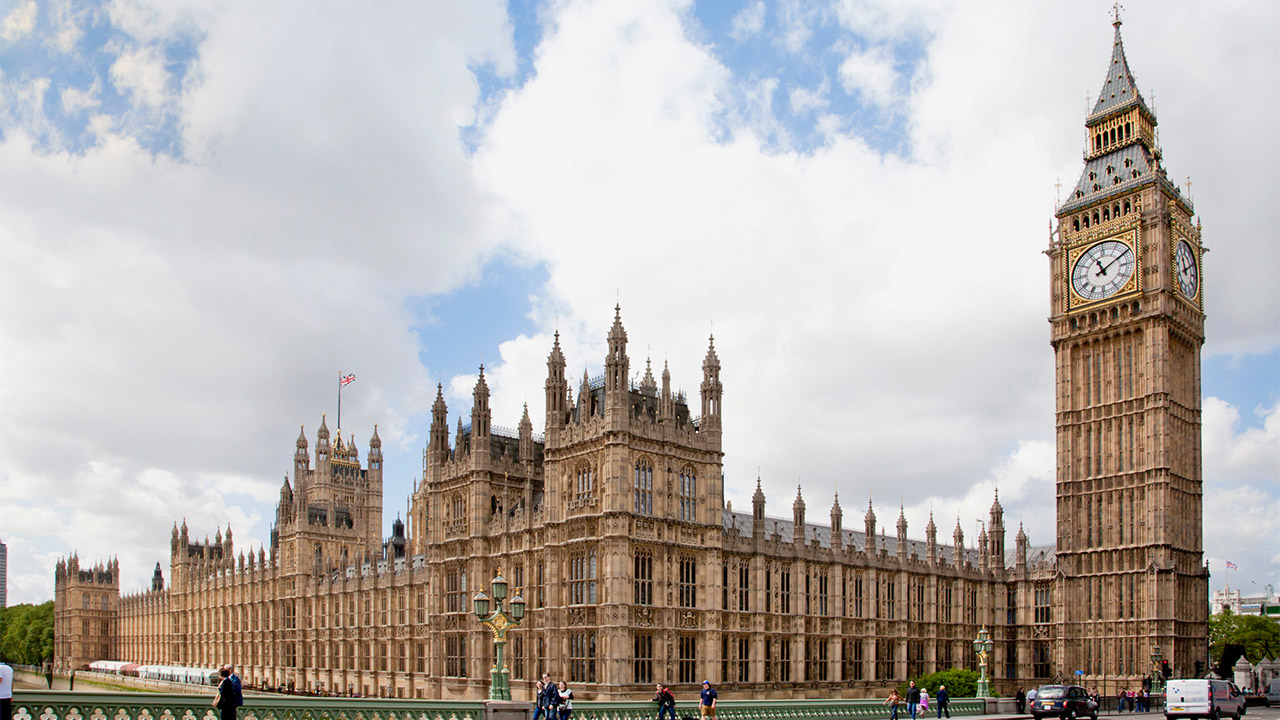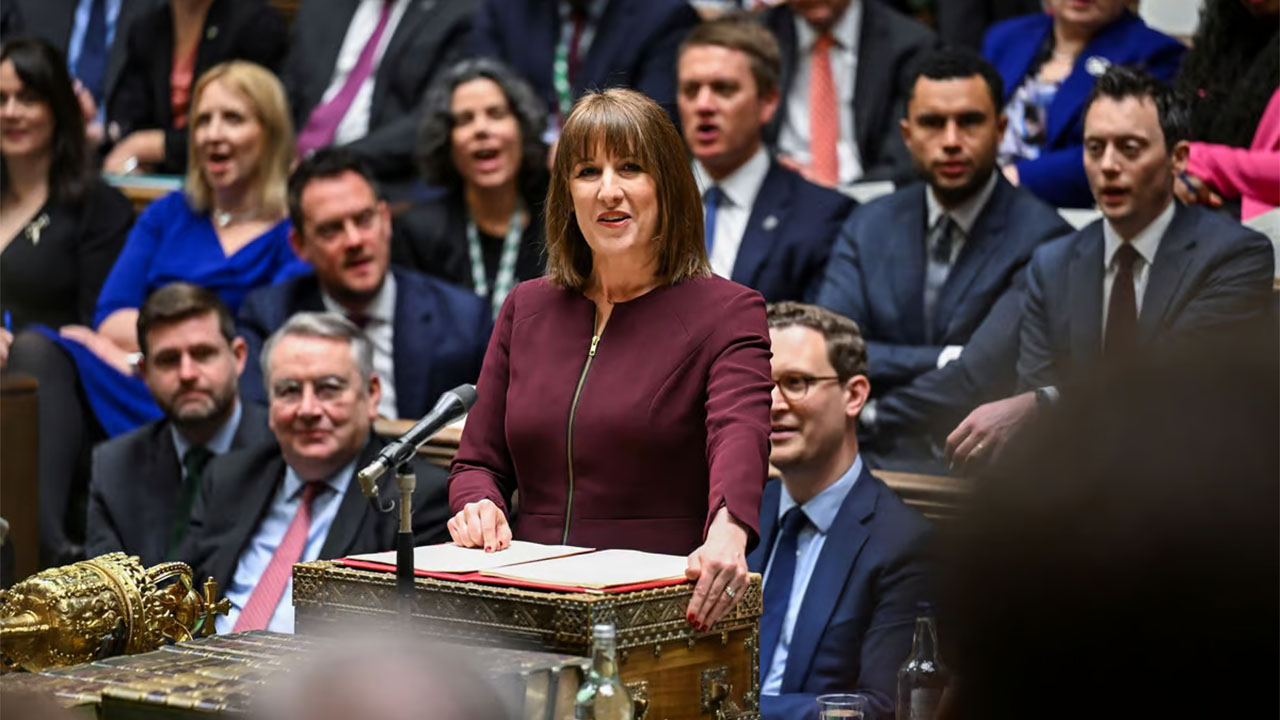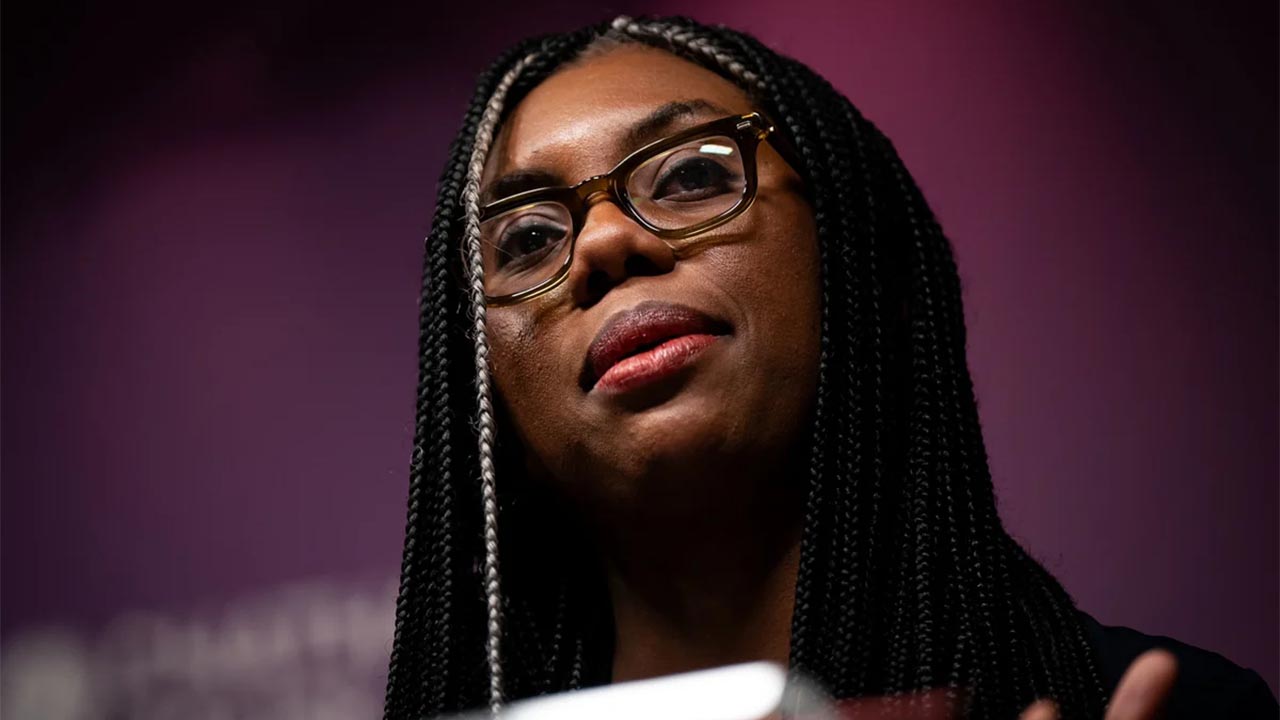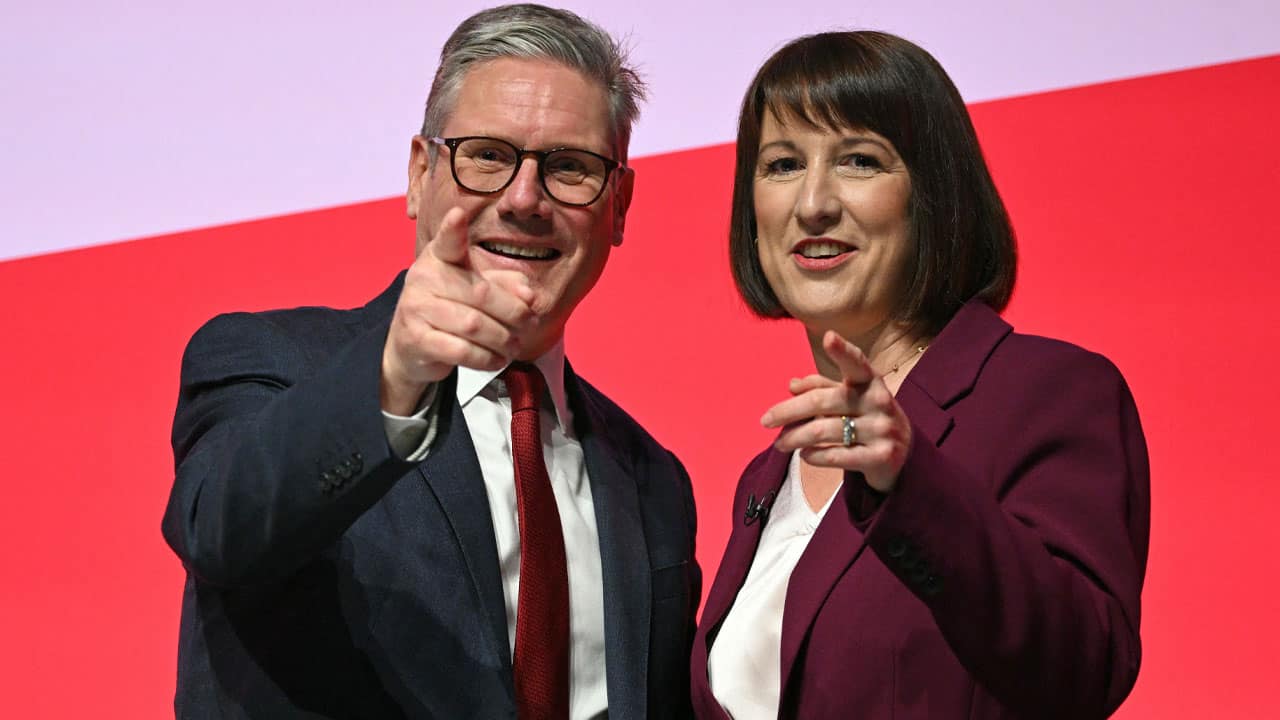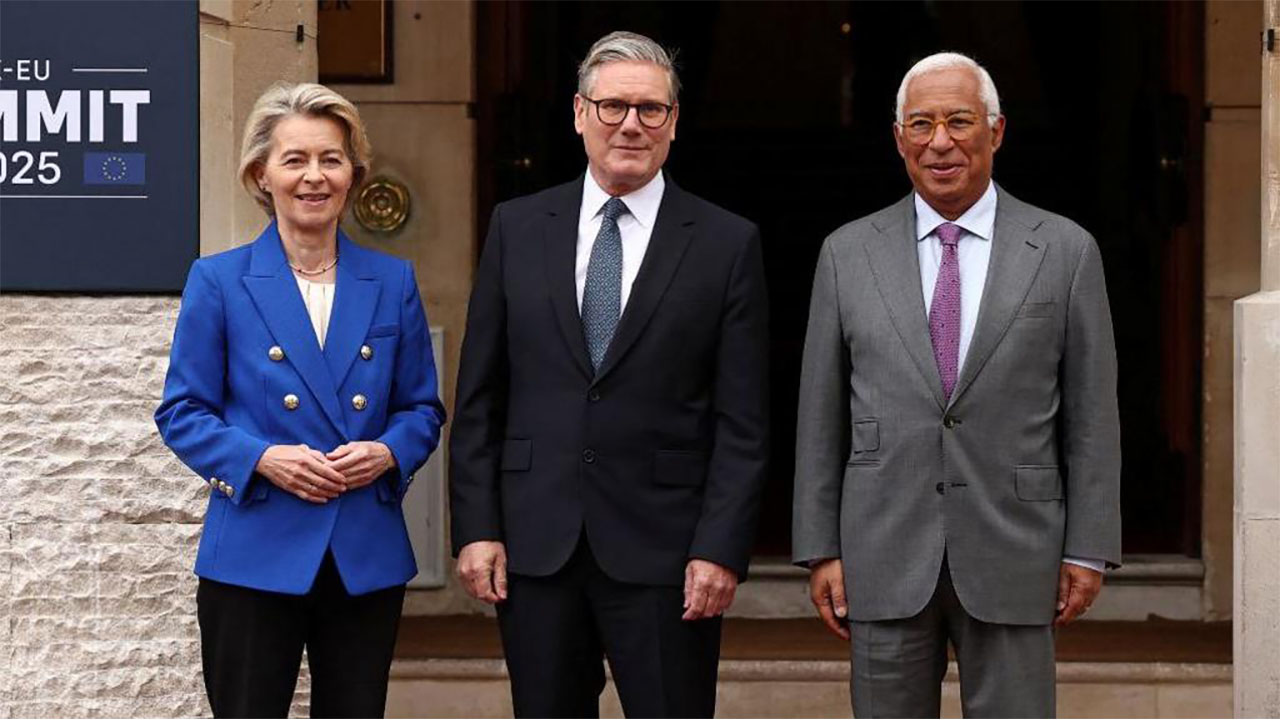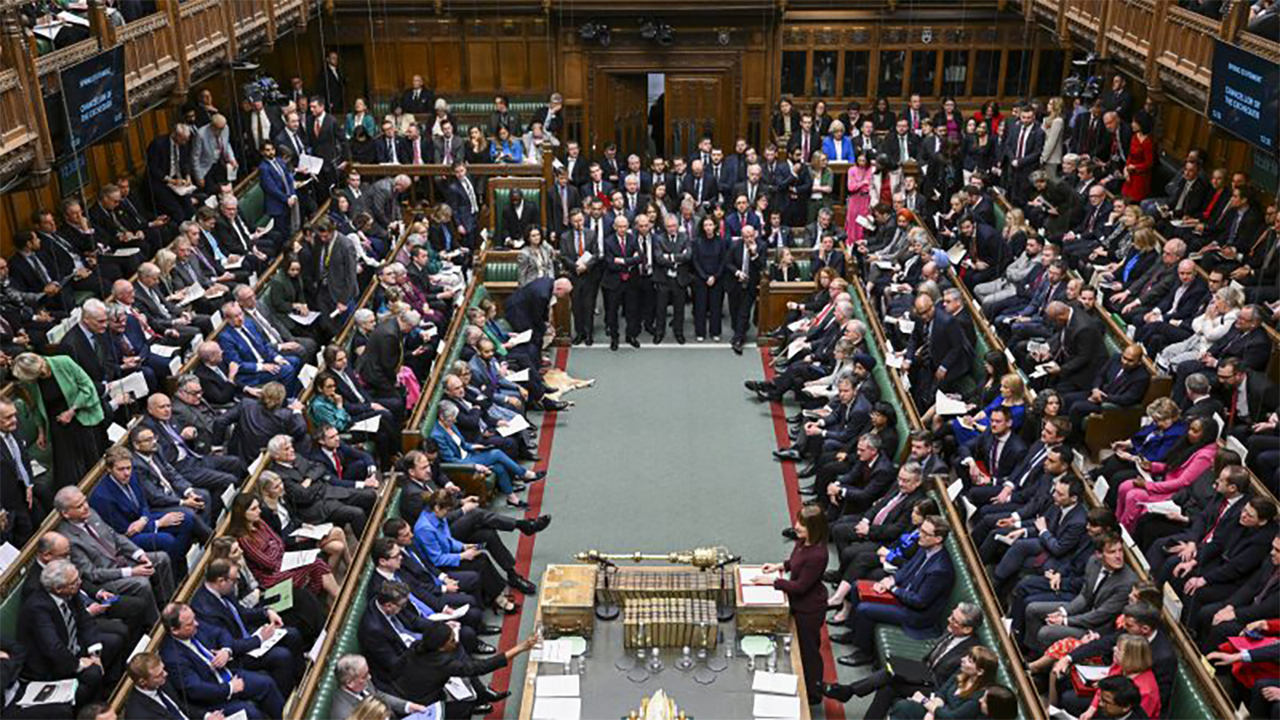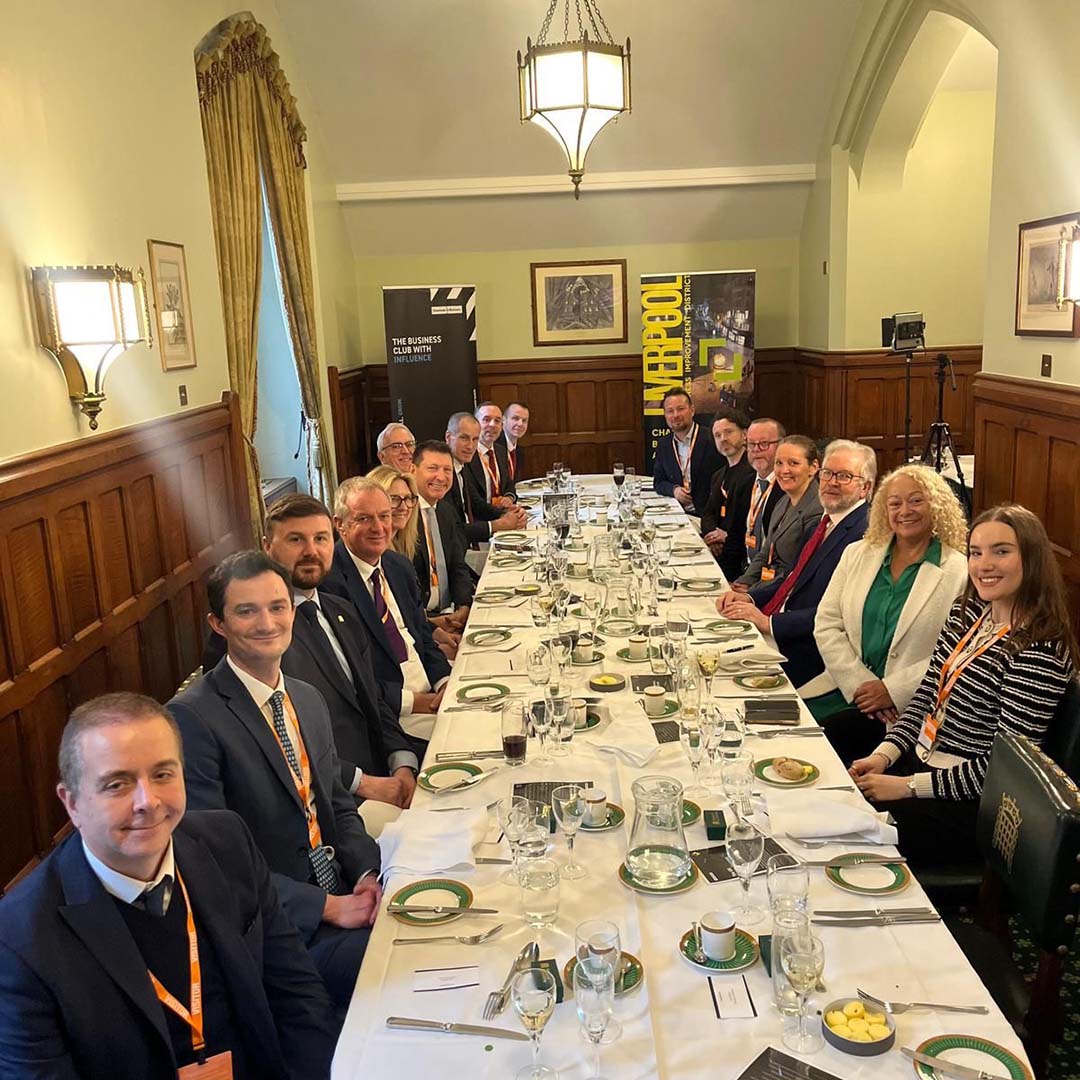Our railways are creaking. Our roads are overcrowded. Our NHS has over 7 million people on its waiting list. Immigration is at an all-time high, with those awaiting a decision on asylum to the UK at record numbers too. There is a housing crisis. And, to cap it all, privatised water companies are so strapped for cash that they are dumping huge amounts of shit in our seas, and we will have to bail at least one of them out.
Looking at that list of problems – and throwing in the challenges of high, sticky inflation, hiked interest rates, and eye-watering energy costs, and you do wonder why Keir Starmer is so keen to take over the running of the country. If the UK were a company, there is a case for it to be placed into administration.
However, any insolvency practitioner worth their salt would actually be prescribing turnaround, rather than closure, for a nation that may have lost its way, but still has huge potential and significant opportunities ahead.
In addition to our world class Universities, we are blessed with some incredible entrepreneurial talent in the areas of health, science, tech, and innovation. That is a decent platform from which to build.
What could some of the key ingredients be to regenerating the fortunes of the country?
A practical deal with the largest trading bloc on the planet – the EU – will be an easy win for a new government. Of the 52% who voted ‘Leave’ I would put my mortgage on the fact that less than 10% voted for a ‘hard’ Brexit. Indeed, you will recall that Brexiter campaigners claimed a new deal with the EU would be ‘easy’ (along with a trade deal with the US).
Creating a new economic single market with our European partners ought to be a priority for a new prime minister.
A 25-year plan for infrastructure investment and an industrial strategy should be a permanent feature of any government’s plans. Sadly, so distracted has the current administration been by internal psychodrama and Brexit, that they have abandoned any notion of medium, let alone, long term planning.
Delivering HS2 should be accelerated to its original timetable, planning and procurement rules and regulations must be reformed, and we must crack on with rebuilding the country, which includes a significant roads programme, and the development of new towns and thousands of new homes.
A national mission that commits to an investment strategy for the future will be rewarded with a reinvigorated private sector who will have confidence to invest in themselves and the UK. And Labour should not be shy to incentivise enterprise and growth, with tax breaks and tax reductions in the right areas.
We must find a way of breaking the cycle of British companies’ growth being stalled at a certain point, before they sell out to a US or Middle East investor.
Furthermore, as much as net zero and ‘green’ ambitions are held up as expensive ‘nice to have’ agendas currently, the plan to invest billions in renewables is not only environmentally friendly, but business-friendly too. All the evidence proves that the cost of renewables is coming down, reducing costs, and providing cleaner energy too.
Labour’s green plans are, if anything, not ambitious enough – but Rachel Reeves’ caution in not wanting to get bogged down in a debate about affordability in a world where nuanced debate has been abandoned, is more than understandable.
True or not, the current government gives off an impression that they have given up on Britain. They have been reduced to virtue signalling (Rwanda) and crossing their fingers.
But, if we are to turnaround our country, then we will need investment, innovation, and inspiration. Can Keir Starmer offer the UK that?


